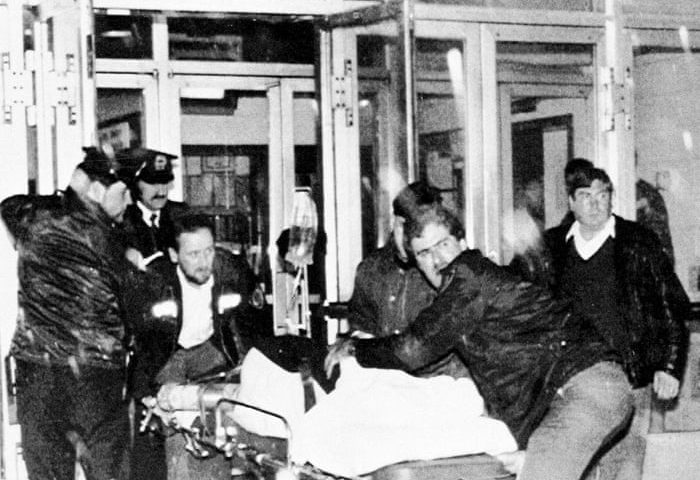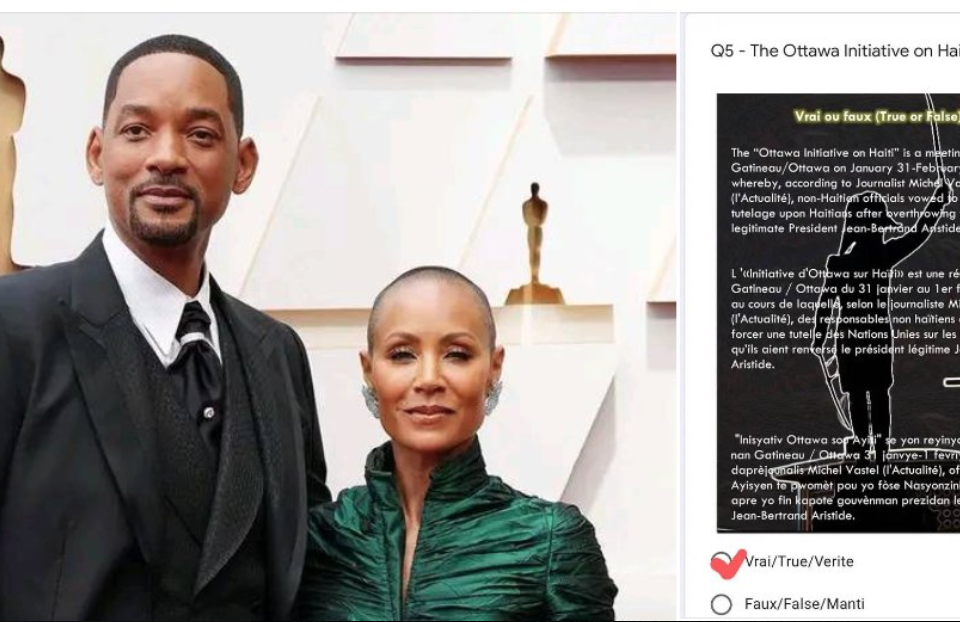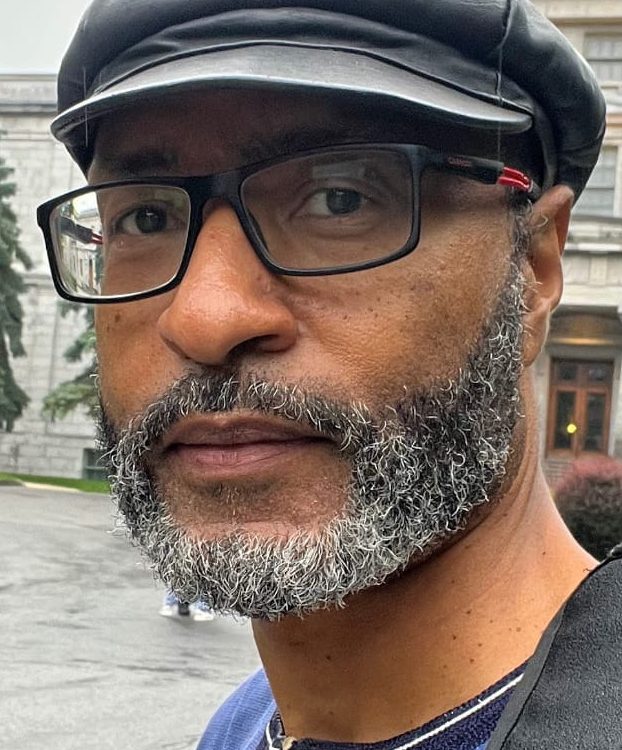- Depi nan Ginen bon Nèg ap ede Nèg!
- jafrikayiti@gmail.com
Massacre at École Polytechnique: A Brutal Wake-Up Call

M ap Kore Jaden Lakou Nadine
April 30, 2020
Fair Elections in Haiti
January 16, 2021Massacre at École Polytechnique: A Brutal Wake-Up Call

On December 6, 1989, a vile criminal had taken upon himself to end the lives of 14 innocent women at École Polytechnique, in Montréal. When this tragedy struck, I was attending the University of Waterloo, about 640 miles away. I recall how a deep sadness had engulfed the nation and, like many, it caused my blood to boil over in sorrow and anger.
I could find no logic in the barbaric act of this young white man who had declared himself a “victim” of a feminist movement that allegedly prevented him from taking his place in the School of Engineering.
At the time women were even more severely underrepresented in Faculties of Engineering, across Canada. Although, from early childhood on to High School, young girls score equally strong as boys in the STEM fields, there are many factors that systematically discourage women from pursuing higher education in Sciences and Engineering. These factors are neither biological or natural. Rather, they are linked to environmental conditioning.
In Eastern Europe, a relatively high percentage of women were historically trained in Physics, Chemistry, Engineering, Technology. In Western societies, it took special intervention to start registering noticeable increase in the number of women who pursue advanced studies in these fields.
On December 6, 1989 when, 10 minutes past 5pm, machine gun in hand, the killer crossed Polytechnique’s cafeteria, our society had only timidly engaged a journey towards long overdue and necessary change. Yet, these modest efforts were already considered too bold and threatening to the lone man who gave himself the right and means to kill several young women who attended École Polytechnique.
2020 marks 31 years since the tragedy. As I witness multiple contemporary initiatives which encourage and support Canadian girls and women in the quest of their dreams – in every field, it brings me great relief, tremendous joy and pride.

My daughter, in only a few years now, will reach the age to attend university. She is a remarkably intelligent young person who takes after her mother in being a bold and fearless young woman who works decisively to achieve her goals. Whether she opts to study in Canada or abroad, there may still stand on her path some deranged soul like the Ecole Polytechnique murderer who, burdened by the weight of his own insecurities and frustrations, might choose to express ill-directed anger towards “women” – as if the ready-found “culprits” who are struggling to achieve their own potential in a difficult world were, somehow, responsible for whatever imaginary or real barricades he may face on his own journey to self-actualization.
Today, I take my hat off in respect and applaud Canadian society, in general, and Quebec society, in particular. Though we still risk events of femicide; though we have yet to succeed in equaling the number of women who are computer engineers, electrical engineers or nuclear physicists…tangible structures are now in place to ensure December 6, 1989 remains etched in everyone’s memory as an alarm bell, a motivation to strive tirelessly and continually to improve the situation.
Indeed, 31 years after the tragedy, we are still at work while important improvements have been accomplished. Trailblazing women in science and engineering are present in many universities in Québec and across Canada. At Montreal’s McGill University, for example, several leaders in Artificial Intelligence research are women. That said, female university students in their mid-twenties continue to face tough decisions between pursuing post-graduate studies and child-bearing.

I hope that, consistent with the traditions of our African ancestors who made provision for women and men to occupy the highest positions in society (including that of Pharaoh in the Ancient Kingdoms of KMT, Meroe and Cush), my son will continue to build for himself a positive worldview whereby, as much as he relentlessly pursues his own dreams and aspires for his little sister to realize her full potential; he will, likewise, for the women he welcomes in his life, be a truly supportive partner.
Although important advances have been achieved through timely and excellent initiatives such as paid parental leaves for graduate students and post-doctoral fellows offered by the three federal granting agencies, we have yet to approach, let alone achieve, the nation’s true potential.
Noting that the Natural Sciences and Engineering Research Council (NSERC) launched the visionary Chairs for Women in Science and Engineering Program (CWSE) since 1996, and that women are still markedly underrepresented in the fields of Engineering and Computer Science, we must recognize that much important work remains (#IEEE) to be done in order to ensure every person, regardless of sex or gender, has the opportunity to pursue and realize their potential in Canadian society.
As I conclude this note, let us pay homage to 14 innocent young people who lost their lives tragically on December 6, 1989. Their names must never be forgotten:
* Geneviève Bergeron (born 1968), civil engineering student
* Hélène Colgan (born 1966), mechanical engineering student
* Nathalie Croteau (born 1966), mechanical engineering student
* Barbara Daigneault (born 1967), mechanical engineering student
* Anne-Marie Edward (born 1968), chemical engineering student
* Maud Haviernick (born 1960), materials engineering student
* Maryse Laganière (born 1964), budget clerk in the École Polytechnique’s finance department
* Maryse Leclair (born 1966), materials engineering student
* Anne-Marie Lemay (born 1967), mechanical engineering student
* Sonia Pelletier (born 1961), mechanical engineering student
* Michèle Richard (born 1968), materials engineering student
* Annie St-Arneault (born 1966), mechanical engineering student
* Annie Turcotte (born 1969), materials engineering student
* Barbara Klucznik-Widajewicz (born 1958), nursing student



